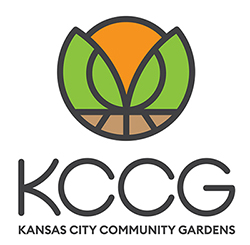For this week’s school spotlight, KCCG reached out to Schoolyard Garden Coordinator, Susan Maynor with EPiC Elementary to get the perspective of a coordinator leading the garden at their school. EPiC Elementary has 19 raised beds on campus along with a butterfly garden and a container garden.
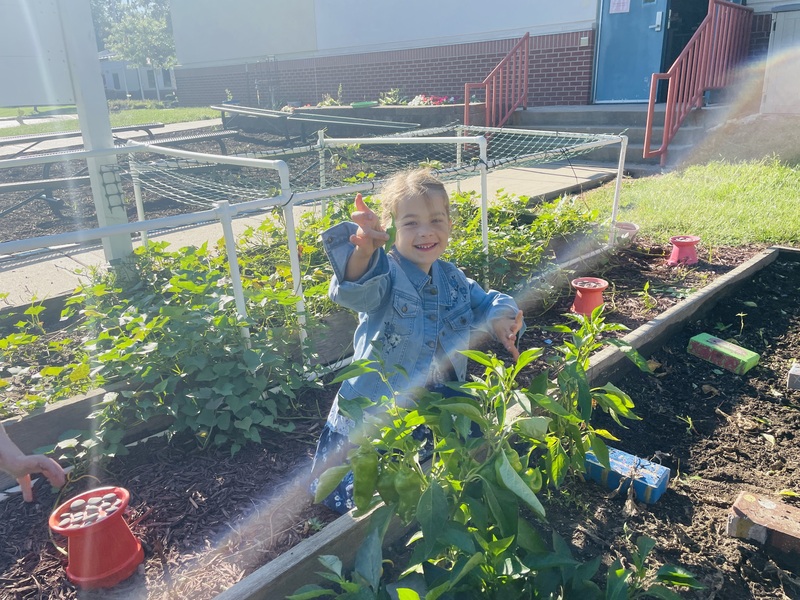
“As part of EPiC Elementary’s vision to equip students and engage communities, we teach our students skills and knowledge to help build a more sustainable future and to be solution providers for a better world. We also want our students to take learning beyond the walls of the classroom and into the community to see how their ideas and voice matter. Our gardens are an invaluable component to our vision. Examples of how we have utilized our gardens for teaching and learning include:
- Researching plants during the different seasons, creating digital journals of what a garden may look like over a period of time, and collecting data to help plan what to do with garden bounty.
- Grow food such as sweet potatoes, pepper, and tomatoes to cook and create products to raise money to combat hunger in Clay County.
- Students work in teams to grow seasonal food and sell to the community (market day) with learning connected to standards such as plants and ecosystems, economics, collaboration, and entrepreneurship.
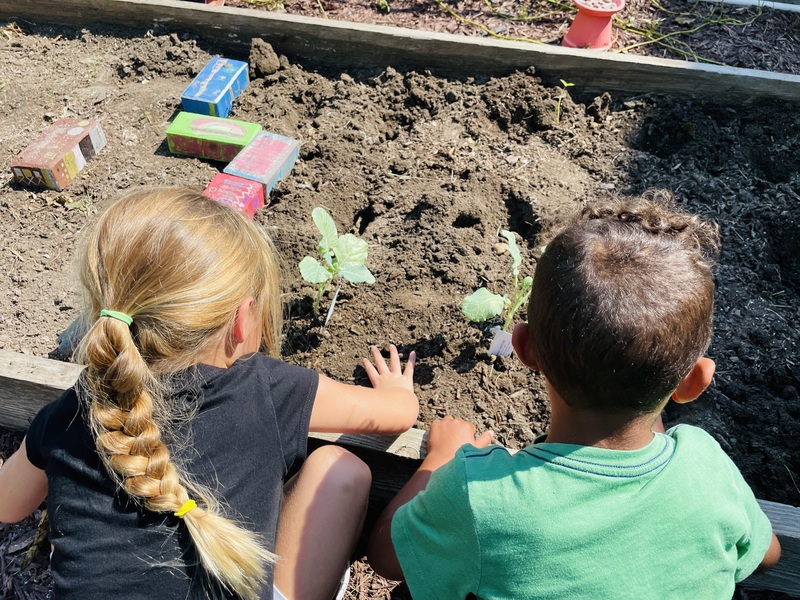
Even our littlest learners spend time learning in the garden. Beginning in the fall, Studio K learns all about how to grow food to eat, which includes taste test evaluations and a harvest party. In the spring, the students research, create, and implement action steps on how to help our outdoor environment, which includes eggshells in the garden for the worms and bee baths to encourage pollination.
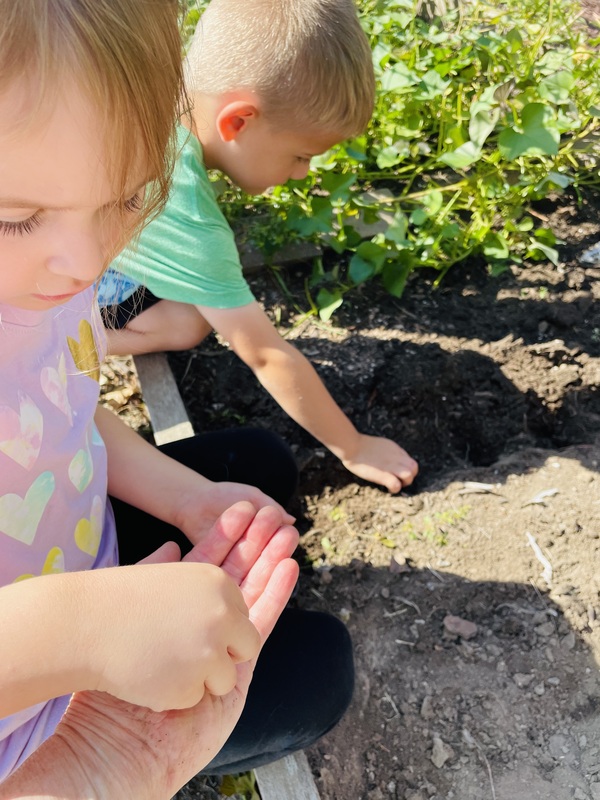
As we navigate through the 21st century, there is an incredible sense of urgency to foster a culture of leaders who will continue developing our complex world. By engaging students with relevant real world work and having them learn outside the four walls of a classroom, we are developing transferable skills such as collaboration, creativity, and critical thinking that would be helpful in any industry. We can help them apply their learning in any situation as they navigate an unknown future. And as we cultivate these skills and confidence within students as they work in the gardens, they will have the vision and creativity to help transform the world.”
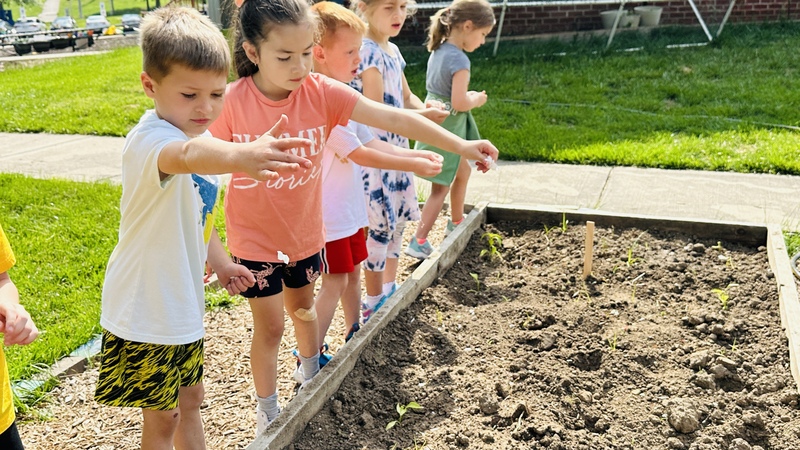
KCCG thanks Susan for her leadership and contribution to the SYG community of educators who use student engagement in the garden as one resource for growing the next generation of holistic leaders.

